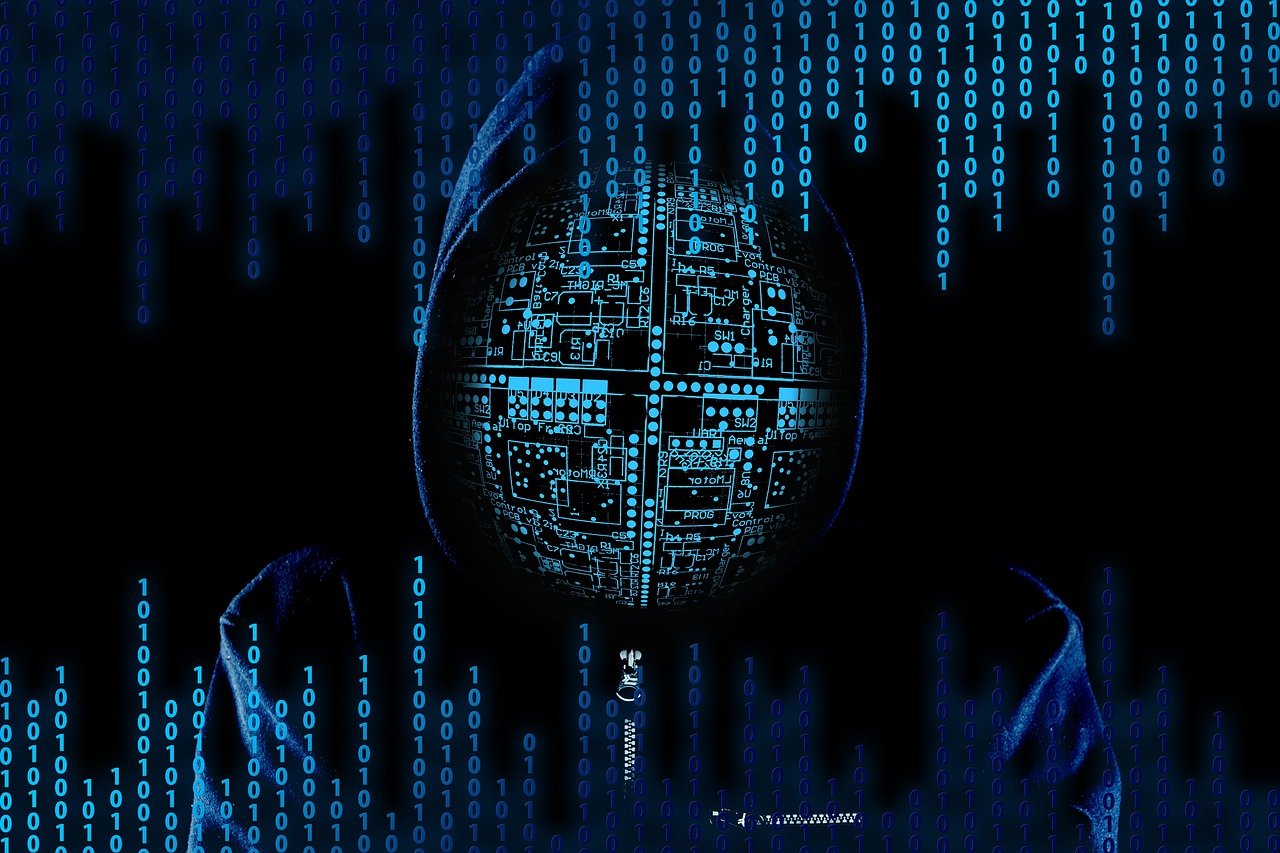New programme to help protect Sweden against cyber attacks

Genom att använda väldigt sofistikerade tekniker utnyttjar ransomware som Akira datorsystemens sårbarheter för att ta kontroll över dem. Bild: Pixabay
Recently, several organisations in Sweden have been hit by large-scale cyber attacks through what we call ransomware. "In Sweden, we lack specialised knowledge and expertise on how we can defend ourselves against this. We have to improve our cyber security capacity to be able to protect ourselves against current and future digital threats,” says Professor Shahid Raza, who is addressing the question with a newly launched Master's Programme in Cyber Security.
Ransomware, also known as crypto-malware or crypto trojan, is a form of malware that encrypts and locks your files and computer, often intending to demand a ransom to get them back. A devastating ransomware attack, known as Akira, recently rendered significant computer systems inoperable at several Swedish government authorities, regions, and companies such as Filmstaden, Granngården, and Rusta. The recovery took several weeks in some cases, and confidential data may have been leaked. Akira has taken the cyber security world by storm, to say the least.
“By using highly sophisticated techniques, ransomware like Akira exploits computer system vulnerabilities to take control of them. We can observe a significant increase in the severity and complexity of cyber threats,” says Shahid Raza, Professor of Cyber Security at MDU.
A new era of cyber warfare
Using highly sophisticated tactics, Akira's creators have uncovered vulnerabilities and taken control of systems with a finesse that is both frightening and impressive, according to Shahid Raza.
“In response to these advanced attacks, the development of equally sophisticated defence mechanisms is crucial. Attacks like Akira demonstrate the heightened need to gain an in-depth understanding of cyber security, which must combine theoretical knowledge with practical skills. Traditional cyber security methods are inadequate, and the situation we see today marks the beginning of a new era of cyber warfare, in which artificial intelligence (AI) will play a significant role in both offensive and defensive strategies."
How to protect ourselves against future threats
To effectively combat these threats, it is essential to go beyond what is known as basic cyber hygiene, i.e. the set of procedures that are already in place to minimise the risk of attacks, Shahid Raza continues.
“Developing powerful measures and specialised skills is critical. Given this requirement, Sweden needs to focus on creating an advanced cyber workforce that not only understands high-level cyber security but also has an extensive and comprehensive knowledge base."
Creating such a workforce requires extensive training measures, as well as specialised courses and study programmes at the Master’s level. Therefore, we are launching a new Master’s Programme in Cybersecurity at MDU, which is carefully designed to meet the requirements of being able to defend against threats such as Akira, prepare for future AI-enhanced cyber attacks and provide the necessary defences.
“Sweden must improve its cyber security capabilities in order for us to be able to protect ourselves against current and future digital threats. Individuals and organisations need to remain vigilant and informed about the evolving cyber threat landscape,” concludes Shahid Raza.
Contact Information
